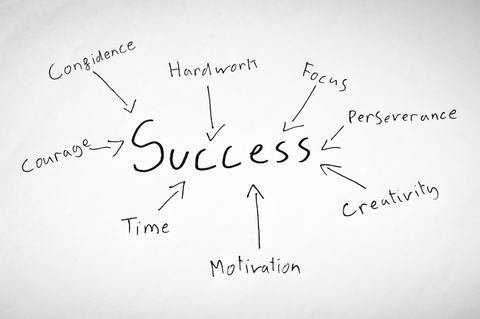Did you know that five out of six Americans will be looking for a new job position this year? That’s according to a recent survey conducted by job-placement firm Manpower.
If you’re planning to look for a new gig, then you might want to pay attention to some advice Executive Search Consultant Kathryn Ullrich has offered to TheCareerPioneer.com readers. Ullrich is the author of Getting to the Top: Strategies for Career Success (Silicon Valley Press, 2010), and also serves as associate director of Alumni Career Services at the University of California, Los Angeles Anderson School of Management.
Here’s what she says are the top 10 job interview blunders, and how to avoid them.
1. Playing the generalist card
Now more than ever, companies look for specialists, not generalists. Develop a personal brand, distinguish your skills and strengths, and design your job search around specific industries and functions.
2. Bloated resumes
Employers don’t read resumes — they scan them in mere seconds. Put your resume on a word diet and eliminate the bloat. Odds are you can lose up to a third of the words without compromising the content.
3. Missing your target
Most job seekers are “me-centric.” Instead, focus on your target. Know the job you’re seeking, what companies are looking for, and how you can best present your experience.
4. Hibernating online
Most successful job searches are the result of networking, not online job postings. Resist spending more time in front of your computer than you do in front of human beings.
5. Misguided networking efforts
The first commandment for networkers: Thou shalt not ask for a job while networking. Why? Because the sole purpose of networking is to seek advice and information.
6. Preparing too little — or not at all — for interviews
Before every interview, do your homework on the company, from knowing the executive team to learning about key industry issues, trends, and competitors.
7. Missed opportunities on social media
The vast majority of employers and recruiters look at your profile online: Linked In, Facebook, and other social-media Web sites. Have your online presence tell a story and tout your personal brand.
8. Weak communication skills
Communication skills can make or break a job search. Many job seekers dull conversations by sharing too many details. Others, on the flip side, share too little information — glossing over their successes or sharing what “we” did without spotlighting their personal contribution.
9. Failing to put in the hours
Being a serious, successful job seeker is a full-time position. Still, many people report spending “under ten hours” per week on their search. Don’t be one of them.
10. Going it alone
Flying solo, particularly in today’s turbulence, is tough. Form a job search team that meets or talks on a weekly basis. Together, you can add structure, support, and a sense of accountability to your searches.
Need more help?
Do you need help improving your chances for career success? Could you benefit from having someone in your corner to help you reach your goals? Then you should seriously consider hiring a qualified career coach or career strategist to help you improve in these areas. Some of the most successful people have coaches. And I’m not just talking about athletes!
According to Donald Hurzeler, the author of The Way Up: How to Keep Your Career Moving in the Right Direction (Greenleaf Book Group Press, 2011), a great coach can:
- See things about yourself that you can’t see on your own.
- Inspire you to think beyond your own frame of reference.
- Help you set goals and establish measures.
- Make you work harder than you would on your own. Encourage you and make you feel special.
- Keeps you focused.
- Insist you stay organized and prepared.
- Help you see new possibilities after success.
Sound like the kind of support you could use? This is what I do. To learn more, book a free 15-minute session to discuss the possibilities. Contact me!









